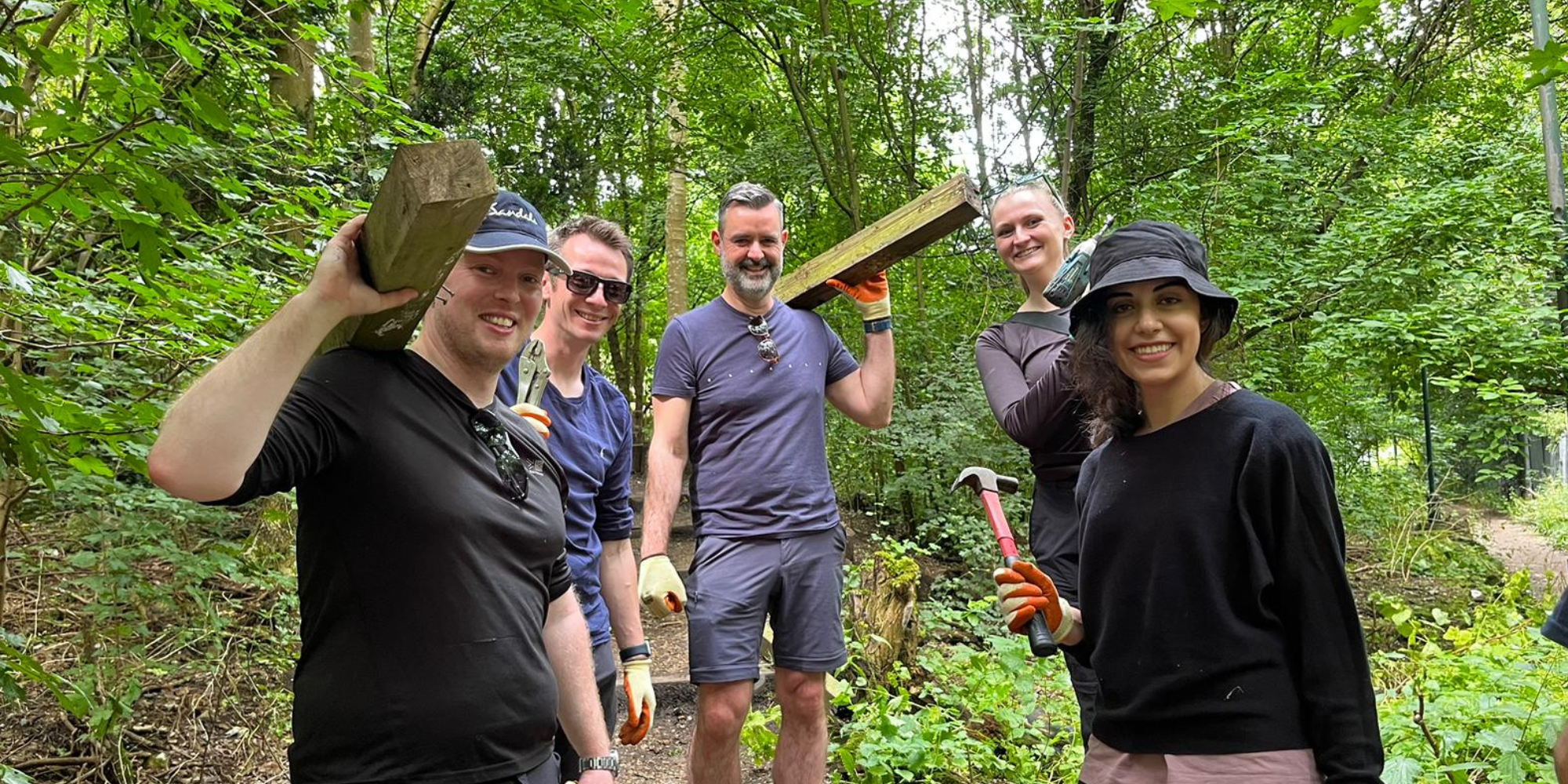Choosing the right private equity (PE) partner can significantly influence the trajectory of your business. Whether you’re looking to fund growth, accelerate product development, or prepare for a future exit, aligning with the right investor goes far beyond the financials.
Jamie Roberts, Managing Partner at YFM Equity Partners, offers valuable insights for UK entrepreneurs seeking private equity, not as a pitch for YFM, but as honest, impartial advice from someone who’s been on both sides of the table.
Start Early, Even If You’re Not Ready
One of the most consistent mistakes founders make is waiting too long to engage with potential investors. Even if you’re not ready today, start the conversation now.
Building relationships in advance, ideally a year or two ahead of when you anticipate needing capital, helps investors get to know your business, your ambitions, and your leadership style. It also allows you to understand the investor’s values, approach, and expectations.
Use Your Network to Vet Investors
Private equity is more than just money; it’s a partnership. Just as investors do their due diligence on your company, founders should conduct thorough referencing on prospective investors.
Ask people in your network:
- Who’s had a good experience with a PE firm?
- What made that experience work well?
- Who would they recommend or warn you against?
Speak to CEOs of companies within a PE firm’s portfolio, your industry peers, suppliers, or even competitors who have gone through the process. Understanding how investors behave after the deal is closed is just as important as their pre-deal promises.
Look Beyond the Valuation
It’s easy to be swayed by a strong valuation or headline numbers, but money is only part of the equation.
You should also ask:
- Are these the right people to help us grow?
- Can they add value beyond capital through networks, strategic input, or experience in our sector?
- Do they share our long-term vision?
Business owners often undervalue cultural fit and shared objectives, yet those are what truly determine whether the partnership will thrive over the 3–5-year investment horizon.
Understand the Investment Journey
A typical PE process involves several stages:
- Initial conversations – either over coffee or via a pitch deck.
- Internal analysis – investors assess your market, your upside potential, and risks.
- Offer and diligence – a term sheet is issued, including assumptions and a due diligence roadmap.
- Deal completion – typically taking 3–4 months.
Importantly, this process runs in parallel with your business. Investors appreciate that and will try to be efficient, but founders need to prepare for the extra load during due diligence.
Expect Strategic Support, Not Day-to-Day Involvement
Post-investment, PE firms should act as strategic partners, not operators. We’re not running the business day-to-day. That’s not our skillset.
A good PE partner will help you focus on long-term goals without getting bogged down in firefighting. Expect regular board meetings (e.g. monthly) focused on performance and strategic progress, along with deeper reviews a couple of times a year to reassess the journey and timing toward your ultimate goals.
Look for Adaptability and Long-Term Thinking
The business world doesn’t stand still. A good PE partner will be willing to reinvest, pivot, or support new strategies if the opportunity arises, especially in fast-moving markets.
For example, WorkBuzz, a company providing employee feedback software. Initially, the plan was steady growth, but after AI began reshaping the industry, the strategy evolved. With mutual trust in place, YFM and the founder agreed to commit additional funding to accelerate innovation.
Final Takeaways for Founders
Finding the right private equity investor requires more than scanning a league table or choosing the firm offering the highest valuation. Instead, approach it as a long-term relationship.
Focus on:
- Starting the conversation early, giving yourself one to two years, if possible, to get to know the investors.
- Leveraging your network for recommendations and feedback from businesses who have worked with private equity investors.
- Doing your own due diligence on potential partners. Approach businesses in PE firm portfolios for their insight.
- Prioritising strategic alignment and cultural fit over purely financial terms.
Private equity done right can be a powerful catalyst for growth, if both sides are committed to the same journey.
If you’re a business owner thinking about equity investment in the UK, the best first step is a conversation well before you’re ready to raise. The more time both sides have to understand each other, the more likely it is that the partnership will work when it really matters.











![Rachel McCorry], former YFM-backed CEO and author of “When You Don’t Know What You Don’t Know”](https://b3810800.smushcdn.com/3810800/wp-content/uploads/2026/02/Rachel-McCorry_.jpg?lossy=2&strip=1&webp=1)


